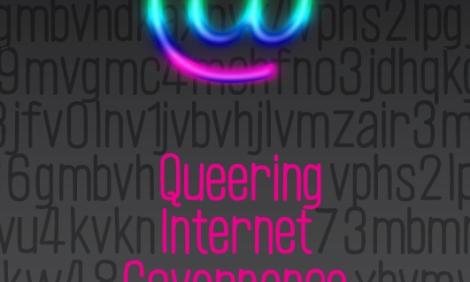
Publication
Queering internet governance in Indonesia
The blockade of LGBTIQ websites by several Internet Service Providers (ISP) has been happening since 2011. The act is often a one-sided decision without prior notification to owner of website. In response to such situation, in 2012, LGBTIQ activists began advocating Human Rights of LGBTIQ in the area of internet management. These activists include Institut Pelangi Perempuan (IPP), Ourvoice (OV),…
Publication
Technology-related violence against women – Recent legislative trends
This study seeks to explore recent legislative developments aimed at addressing and providing avenues of redress for technology-related violence against women. We explore the objectives, structure and application of four domestic legislative responses to different forms of violence against women, seeking to understand how domestic legislatures are responding to increasing awareness of violence…
Publication
CEDAW: APC's Submission to the Committee on the General recommendation on girls’/women’s right to education
On 7 July 2014, the UN Committee on the Elimination of Discrimination against Women (CEDAW) held a General Discussion on the Right to Education for Girls and Women, the aim of which is to commence the Committee’s process of elaborating a “General Recommendation on girls’/women’s right to education.” These are the recommendations submitted by APC.
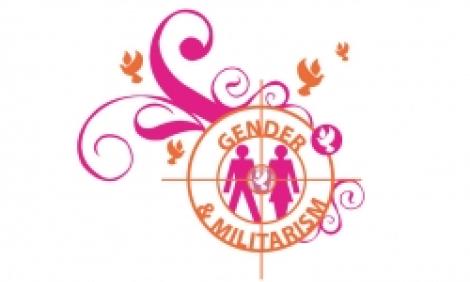
Publication
Gender & militarism: Analyzing the links to strategize for peace
This publication by Women Peacemakers Program (WPP) is a testimony to the increasing number of people — women and men — who are challenging the norms bestowed upon us. They are linking the dots and showing us how militarization is coming at us from many angles — including entering the private sphere through IT and financial services. This reality not only requires activists to enter new domains…
Publication
Domestic legal remedies for technology-related violence against women: Review of related studies and literature
This review of related studies and literature forms part of the legal remedy research which falls under the "End violence: Women's rights and safety online" (EndVAW) flagship project of the Association for Progressive Communications (APC). The project is to be implemented from 2012 to 2015 with support from the Dutch government’s Funding Leadership and Opportunities for Women (FLOW) programme.
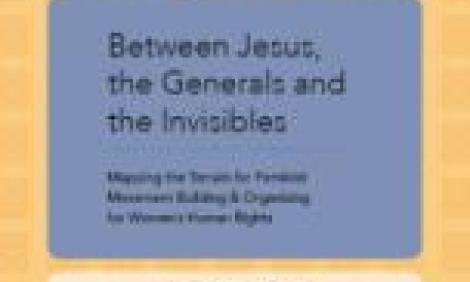
Publication
Twitter doth not a revolution make, but it maketh a difference
Read Everjoice Win's timely critical analysis of the Southern African regional context through a feminist lens. Everything from the rise of the prosperity gospel and its impact on discourse about sex, sexuality and women's bodies to the complex legacies of the sub-continent’s liberation struggles and new faces of militarism. With an in-depth focus on Malawi, Zambia and Zimbabwe (the three…
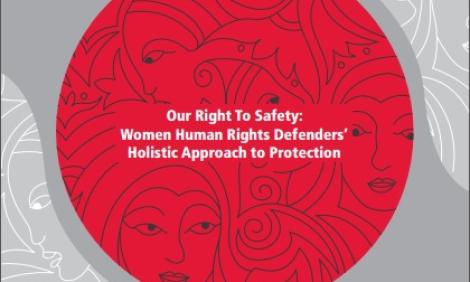
Publication
Our right to safety: Publication addresses women human rights defenders’ approach to protection
AWID, in collaboration with members of the Women Human Rights Defenders International Coalition, has developed this publication in an effort to assess the various mechanisms developed to provide protection to WHRDs at risk, including initiatives developed by national governments, and regional and international human rights bodies. The publication counts with a specific section addressing digital …
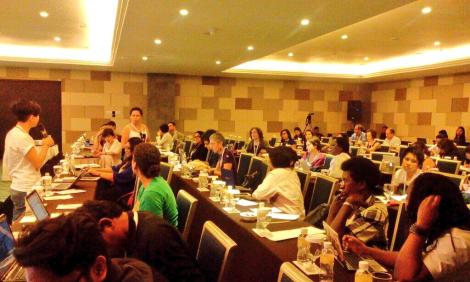
Publication
8th Meeting of the Internet Governance Forum (IGF): Chair´s summary
From 22-25 October 2013 in Bali, Indonesia, internet governance experts, civil society, government and intergovernmental organizations’ officials, international social and economic development practitioners, members of the academic and technical communities, private sector representatives and other inquiring global citizens gathered together for the 8th meeting of the Internet Governance Forum.…
Publication
Baseline study: Technology related violence against women in Bosnia and Herzegovina
This initiative aims to identify and map the existing situation on the ground, in terms of challenges that impede the understanding of violence against women and girls in digital spaces, and violence committed through use of information and communication technologies (ICTs) in Bosnia and Herzegovina. A poll and an interview were intended for and conducted in organizations/institutions that work…





